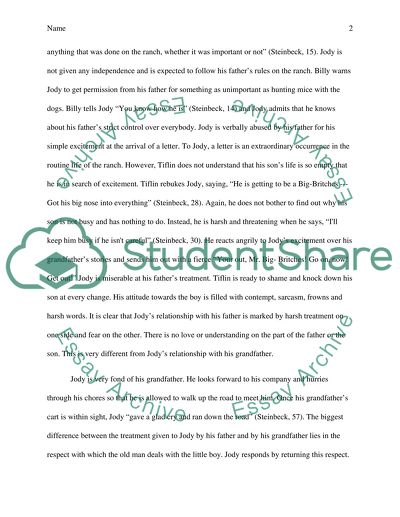Cite this document
(“The leader of the peopleby John Steinbeeh (symbolism and parallelism) Essay”, n.d.)
Retrieved de https://studentshare.org/literature/1478744-the-leader-of-the-peopleby-john-steinbeeh
Retrieved de https://studentshare.org/literature/1478744-the-leader-of-the-peopleby-john-steinbeeh
(The Leader of the Peopleby John Steinbeeh (symbolism and Parallelism) Essay)
https://studentshare.org/literature/1478744-the-leader-of-the-peopleby-john-steinbeeh.
https://studentshare.org/literature/1478744-the-leader-of-the-peopleby-john-steinbeeh.
“The Leader of the Peopleby John Steinbeeh (symbolism and Parallelism) Essay”, n.d. https://studentshare.org/literature/1478744-the-leader-of-the-peopleby-john-steinbeeh.


